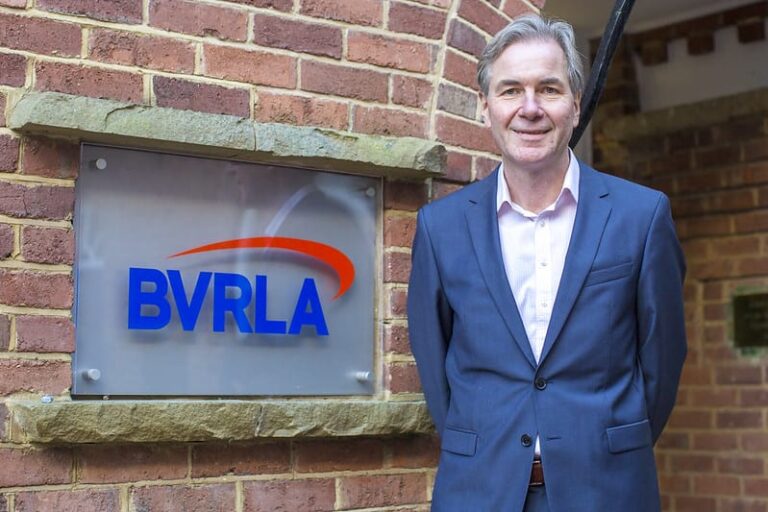The British Vehicle Rental & Leasing Association (BVRLA) has published new data on its members’ green credentials as it joined city leaders, global NGOs, government ministers and industry representatives at the International Air Quality Summit in London.
At the event, hosted by the mayor of London, World Health Organization and UK100, Gerry Keaney, chief executive of the BVRLA, announced that it would support a new Clear Air Declaration, demonstrating the vehicle rental and leasing sector’s determination to work together with city and business leaders, and central government.
Recent 2019 data shows that vehicle rental and leasing companies are already leading the transition to cleaner transport, with 100% of car rental fleets and 96% of leased cars already compliant with clean air zone (CAZ) regulations. These figures are above the average for all UK cars, where only 62% meet CAZ emission requirements.
The results are less positive for the commercial vehicle sector, which is the largest target for most local authority CAZs. Only 21% of UK van fleets are currently CAZ-compliant, compared to over two-thirds (67%) of all leased vans and 88% of rental van fleets.
Furthermore, only 44% of UK HGV fleets are currently Euro VI, though this figure increases to higher than 80% for rented and leased trucks.
Keaney said, “Our latest fleet sustainability credentials show that our member fleet outperforms privately owned vehicles on carbon emissions and CAZ compliance. Our sector recognises its influential role in this agenda as is determined to play its part by providing individuals and businesses with cleaner road transport options.”
The Clean Air Declaration calls for action across government to: provide more financial support for people and small businesses to change to cleaner vehicles, shared transport or active travel via mobility credits schemes and a £1.5bn Fleet Renewal Programme; grant local authorities and mayors power and funding to deliver more sustainable transport and drive behaviour change; and create more certainty for businesses and local government by setting out a stronger clean air strategy that includes a roadmap to 2030.





